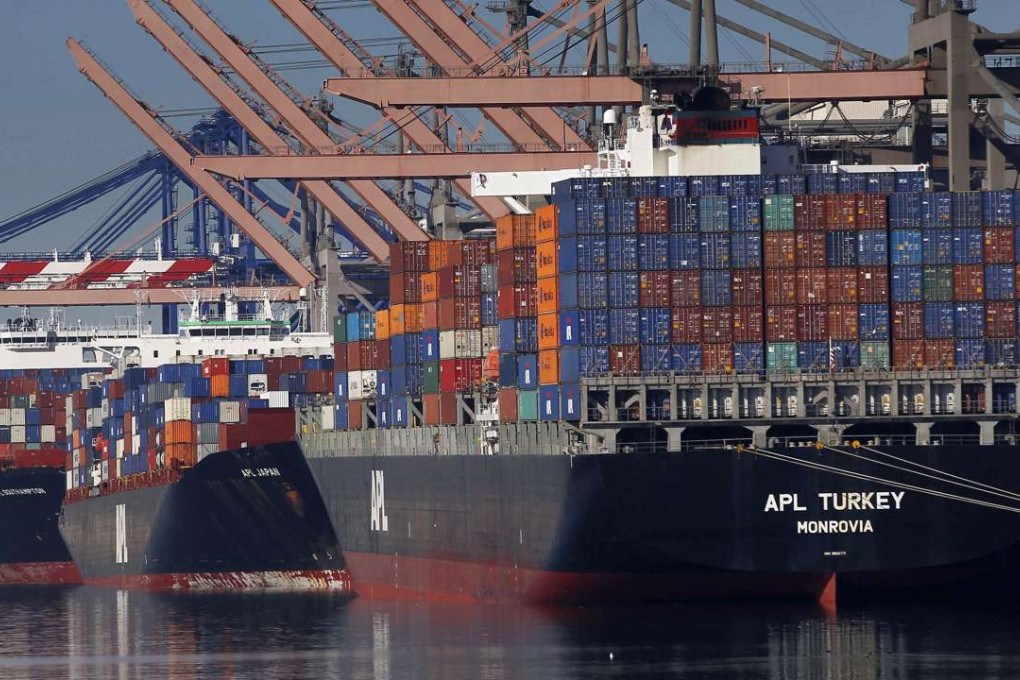Can Washington narrow its trade deficit with Beijing in 100 days?
Beijing and Washington will spend three months grappling with tough trade issues that ignited Trump’s rhetoric on the campaign trail

For months US President Donald Trump railed against China over trade but the only concrete outcome he extracted from his first face-to-face meeting with Chinese leader Xi Jinping was a promise to start 100 days of talks on narrowing the substantial US trade deficit.
The compromise pales with Trump’s election-trail threats to label China a currency manipulator and slap punitive tariffs on Chinese imports. Now the big questions are whether Trump can assemble the right trade team to negotiate with Beijing and whether the deal is just a smoke screen to mask the lack of progress with China over trade.
According to the US Census Bureau, the US had a merchandise trade deficit of around US$347 billion with China last year, down slightly from 2015. China insists the deficit is a systemic economic issue and not a result of deliberate Chinese policy.
Just over three months is not long enough to tackle trade disputes between the world’s two largest economies. Even US Commerce Secretary Wilbur Ross admitted the time was too short to discuss issues that were “far more complex and far more deep-rooted”.
Steve Tsang, director of the SOAS China Institute, said the 100-day plan was “at best aspirational, at worst just something to satisfy [Trump’s] core supporters and make him look strong on China”.